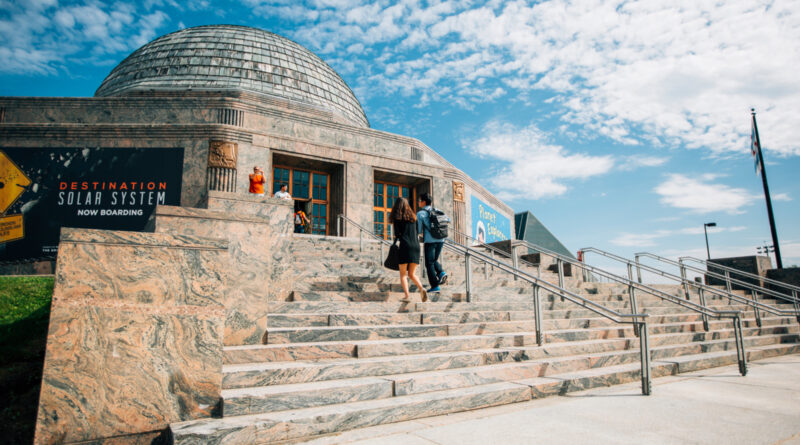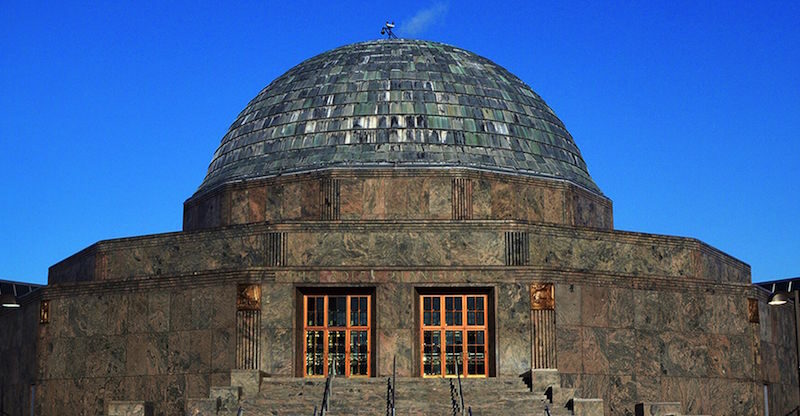Shedd Aquarium Plans to Safely Reopen to the Public on January 27
Following the announcement from Governor Pritzker on January 18 concerning Chicago’s shift to Tier 2 COVID-19 mitigation standards, Shedd Aquarium announced that it is prepared to safely reopen to its members on Wednesday, January 27. Members will enjoy three full days of exclusive access before the aquarium reopens to the general public on Saturday, January 30.
Read More









